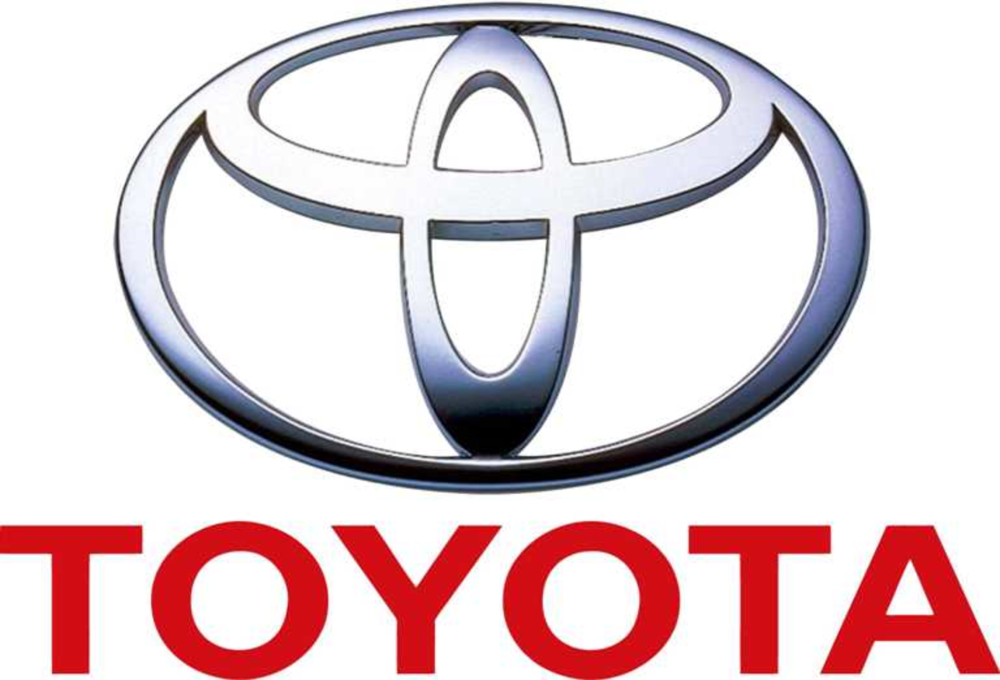Advertising on cars is nothing new, but what we may be seeing in future is not limited to static car wraps but specially purposed vehicles that can change their function and their messages as needed.
At this year’s CES, Toyota unveiled the e-Palette concept. The company anticipates first introducing it for use at the Olympic and Paralympic Games in Tokyo in 2020. But it is already working with partners like Amazon, DiDi, Mazda, Pizza Hut and Uber to develop the concept and its commercial applications.
In a press release, Toyota describe e-Palette as exemplifying “Toyota’s visions for Automated Mobility as a Service (Autono-MaaS) applications.” The vehicle itself is a “fully-automated, next generation battery electric vehicle (BEV) designed to be scalable and customizable for a range of Mobility as a Service (MaaS) businesses.”
This video above shows how they can be adapted to multiple uses, even within the same day.
The multi-functional features of these vehicles are not only perfect for shifting from ride-sharing to meal delivery, but also for real-time marketing. In fact, it may be some of that potential of responding to real time data that Toyota’s President, Akio Toyoda, had in mind in his CES address when identifying his competition: “Our competitors no longer just make cars. Companies like Google, Apple, and even Facebook are what I think about at night.”
Toyoda explained their approach is “turning our Mobility Services Platform into a common platform for companies to use in building new mobility businesses.” That makes it “a kind of plug and play, open platform” with flexible options for setting up within different sized units and combining them to work together as needed.
The e-Palette units can come together to form a pop-up store or expo in any location they can drive to. While that could revolutionize retail distribution, the vehicles themselves can carry their own marketing messages, both on the signs people can see from the streets and through location updates delivered to mobile devices via an app, RCS, or SMS.
It’s the ultimate solution to flexible business solutions: a vehicle that can not only deliver the goods (and services) but also deliver its marketing messages, both physically and digitally. Such flexibility holds great potential for marketing that ties directly into function.
For example, you could have a unit outfitted to deliver flu shots that carries and transmits messages to people in the area about the service and how to submit their insurance information. It could also (if regulations permit) receive and upload their updated medical records. The connectivity would make the whole process seamless and convenient.
As Toyoda observed, “data is the new gold.” The fully connected vehicles can both receive and transmit data in real time. Combining that with literal mobility to arrive at specific locations brings together the best of both the digital and physical worlds.
On that basis, what Toyoda said about the functionality also applies to marketing: “the possibilities of what we can build, in my mind, are endless.”








